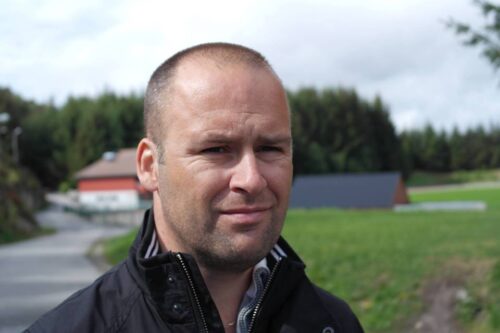The shareholders want growth and a return on invested capital.
For the first 22 years of salmon farming in Norway, it was not allowed to own more than a single fish farming licence. Salmon farming was supposed to be a minor industry, especially for farmers and fishermen who wanted to increase their income. It took a massive bankruptcy in 1991 to get the Storting to change course. Only then was it allowed to own more licenses – and the opportunity to develop the industry into industry.

Paradoxically, it was not farmers and fishermen who had led the way in the development of the young industry. It was an industrial conglomerate, Norsk Hydro, through its ownership in market leader Mowi.
After Hydro found oil in the North Sea, the Norwegian government bought up a majority share in the industrial locomotive. Thus, the government was in the driver’s seat – in the industry it itself strictly regulated.
Compulsion
Ownership restrictions, i.e. the fact that you could only own one concession, forced Mowi to grow abroad. In Scotland and Ireland, but also in Iceland. In Iceland, the plan was not ordinary fish farming, no, it was so-called ocean ranching, where one released smolt and hoped that it would return at full slaughter weight.
The adventure in Iceland was a failure. The business was sold off at the end of the 80s.
Yesterday the news came that Mowi is once again trying his luck in Iceland. Also now, the investment comes as a direct consequence of the Norwegian authorities’ regulation.
The proposal for a 40 per cent resource rent tax has led to a halt in investment in Norway. Not just for Mowi, but a wide range of other salmon farmers. For a multinational company such as Mowi, this obviously means that one would rather invest the money in other countries, where the conditions are more attractive.
Convenient
Therefore, the opportunity to take over Arctic Fish came quite conveniently, after SalMar had to dispose of its 51 percent of the shares linked to the acquisition of NTS. When Mowi pays €190m for the shareholding, it shows that Iceland has come a long way as a farming nation since the first fumbling attempts in the 80s.
It also signals a belief in the future. A belief that Arctic Fish, and other local fish farmers, will get more licenses in the coming years. A belief in building industry. Iceland still has a farming production of salmon that is smaller than that of the Faroe Islands. The potential is naturally much greater.
“The Icelandic salmon adventure has only just begun and faces formidable development and growth in the coming years,” said an optimistic Mowi CEO Ivan Vindheim in connection with the acquisition.
This time Mowi is better suited to succeed.









